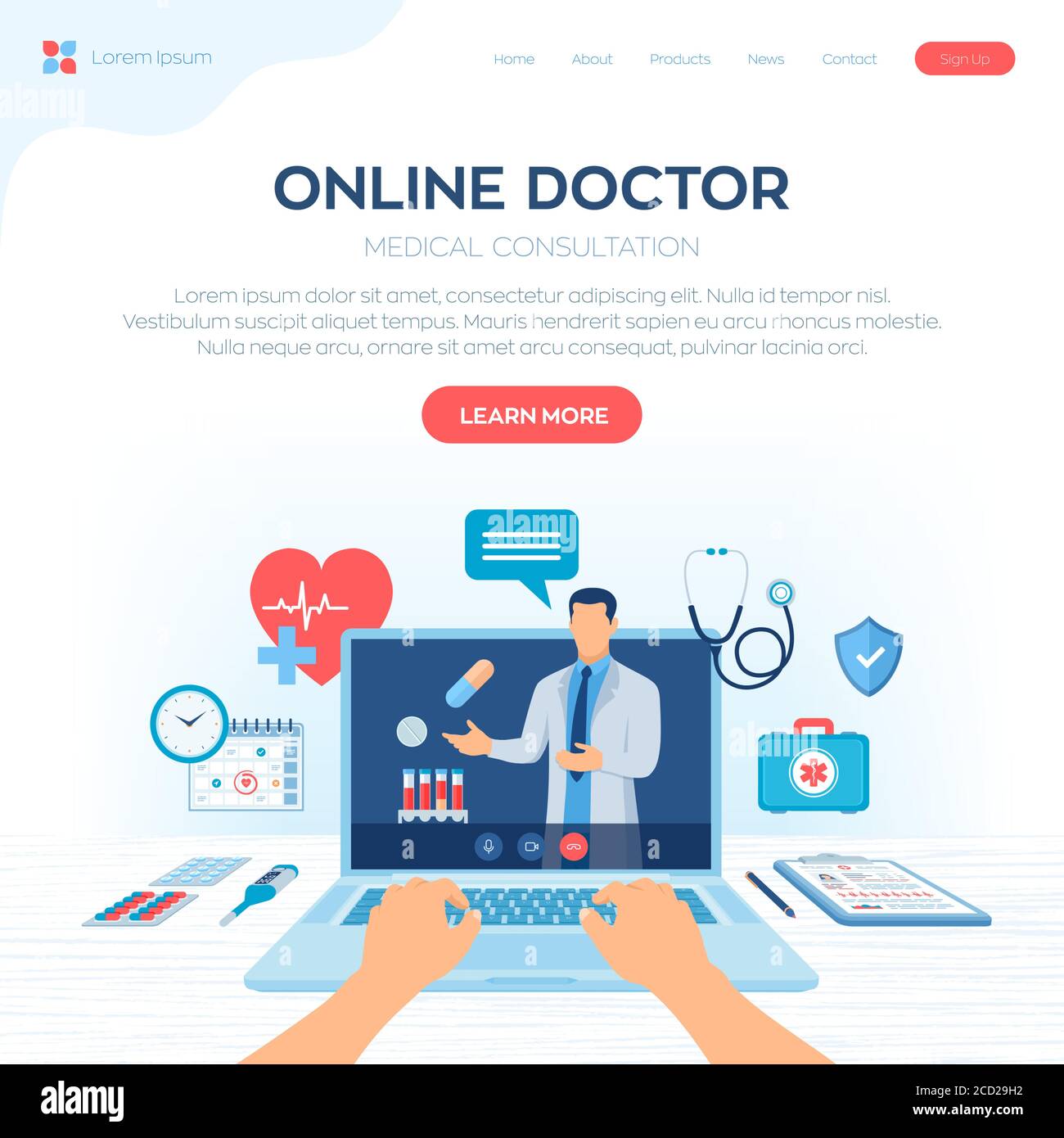Discover the Advantages of Subscription Based Healthcare for Affordable Medical Care
Discover the Advantages of Subscription Based Healthcare for Affordable Medical Care
Blog Article
The Increase of Subscription-Based Medical Care and Its Effect on Person Care
As medical care evolves, the subscription-based model is gaining traction, promising to transform individual care by supplying predictability and accessibility. The possibility for these designs to reshape healthcare delivery elevates pressing questions concerning their long-lasting sustainability and inclusivity. Are these membership services the future of health care, or do they take the chance of leaving at risk populaces behind?
Comprehending Subscription Medical Care Designs
Comprehending the concept of membership healthcare models includes analyzing a transformative approach to clinical services that stresses affordability and access. These designs, typically referred to as straight key treatment (DPC) or attendant medicine, have actually become cutting-edge alternatives to typical fee-for-service health care systems. Registration health care permits clients to pay a set regular monthly or annual cost for a defined set of clinical services, which may consist of endless office gos to, regular check-ups, and basic lab tests, without the demand for standard insurance policy invoicing.
The framework of membership medical care designs is designed to improve client care by removing third-party payers and intricate payment codes, thereby decreasing management worries. Healthcare service providers can focus extra on patient treatment, fostering stronger patient-provider partnerships. This design additionally advertises preventative treatment by urging normal visits, as the monetary challenge of per-visit fees is gotten rid of.
The membership design typically empowers healthcare service providers to handle smaller sized patient panels, allowing for even more tailored care. It lines up financial motivations with person wellness results, as providers are inspired to preserve patient complete satisfaction and health. On the whole, understanding registration healthcare designs calls for recognizing their prospective to reshape how care is provided and accessed.
Benefits for Clients and Companies

With a stable income stream, healthcare experts can dedicate more time to each individual, leading to a much more extensive and personalized treatment experience. The emphasis on precautionary care within subscription strategies can lead to better individual outcomes and minimized long-term health care prices.
Difficulties and Concerns
While subscription-based health care models present countless benefits, they additionally come with a set of obstacles and issues that have to be dealt with. Initially, accessibility stays a considerable issue, as these designs often target individuals who can manage monthly fees, potentially leaving out low-income populaces. This elevates ethical questions regarding fair access to health care solutions. In addition, the diverse nature of subscription plans can result in confusion among clients relating to protection specifics, possibly causing unmet assumptions or poor treatment.
Financial sustainability of subscription-based versions is one more worry. Companies need to balance the fixed income from registrations with the variable prices of health care services, which may fluctuate due to unpredicted medical demands. This can produce pressure to limit services or rise charges, potentially affecting individual contentment and care high quality.
In addition, regulatory oversight of subscription-based medical care models is still developing. Resolving these challenges is important for the effective and fair implementation of subscription-based health care.
Influence On Patient-Doctor Relationships
One substantial influence of subscription-based healthcare models on patient-doctor connections is the capacity for boosted connection and individualized treatment. By taking on a subscription model, doctors can handle a smaller sized person panel, permitting even more committed time with each individual. This raised schedule cultivates a much deeper understanding of a person's case history, way of life, and choices, allowing a lot more customized treatment plans and treatments.

However, it is necessary to recognize that while subscription-based versions might profit those that can afford them, they could accidentally widen healthcare differences. Individuals who are incapable to take part in these models could experience decreased access to personalized treatment, potentially influencing their partnerships with medical care companies. Therefore, while the subscription model offers encouraging advantages for patient-doctor relationships, it likewise poses obstacles that need to be resolved to guarantee fair health care accessibility.
Future of Health Care Accessibility

The role of modern technology can not be overlooked in this improvement. Telemedicine systems and electronic health and wellness documents facilitate smooth interaction between clients and health care carriers, breaking down geographical and logistical obstacles. In addition, advancements in expert system and data analytics can additionally customize treatment by anticipating individual requirements and enhancing treatment plans.
However, the future of healthcare access also presents obstacles, such as ensuring equity across various socio-economic teams. Policymakers and doctor must collaborate to connect the digital divide, guaranteeing that subscription-based models remain budget friendly and comprehensive. As these image source systems mature, they hold the promise of making healthcare extra obtainable, effective, and patient-centric.
Verdict
Subscription-based healthcare versions are reshaping individual treatment by giving a stable cost structure and improving availability. The surge of subscription-based medical care encourages proactive client interaction, which has the prospective to enhance individual results and contentment, signifying a transformative change in medical care distribution.
As medical care evolves, the subscription-based model is gaining traction, promising to transform client care by offering predictability and accessibility.Subscription-based healthcare models offer distinct benefits for both companies and individuals, improving the overall healthcare experience.As medical care systems progress, the future of health care gain access to frequently pivots on the why not try this out combination of innovative versions and modern technologies.Subscription-based health care models are improving individual care by providing a secure expense structure and boosting availability. The increase of subscription-based healthcare motivates aggressive individual interaction, which has the potential to boost client outcomes and contentment, indicating a transformative shift in medical care distribution.
Report this page